Mozambique: MC Trufafá gets 300,000 meticais to seek treatment abroad
Cabo Delgado governor calls for vigilance – AIM report

Photos: Governo da Provincia de Cabo Delgado Facebook
The governor of the northern Mozambican province of Cabo Delgado, Julio Parruque, on Saturday called for heightened vigilance against the armed groups, believed to be Islamic fundamentalists, that have launched sporadic attacks in parts of the province since October.
Speaking at a march held in the provincial capital, Pemba, to condemn the attacks, Parruque said “Let us renew and sharpen our culture of vigilance. Vigilance, vigilance and vigilance so that the enemy action is aborted before it takes place”.
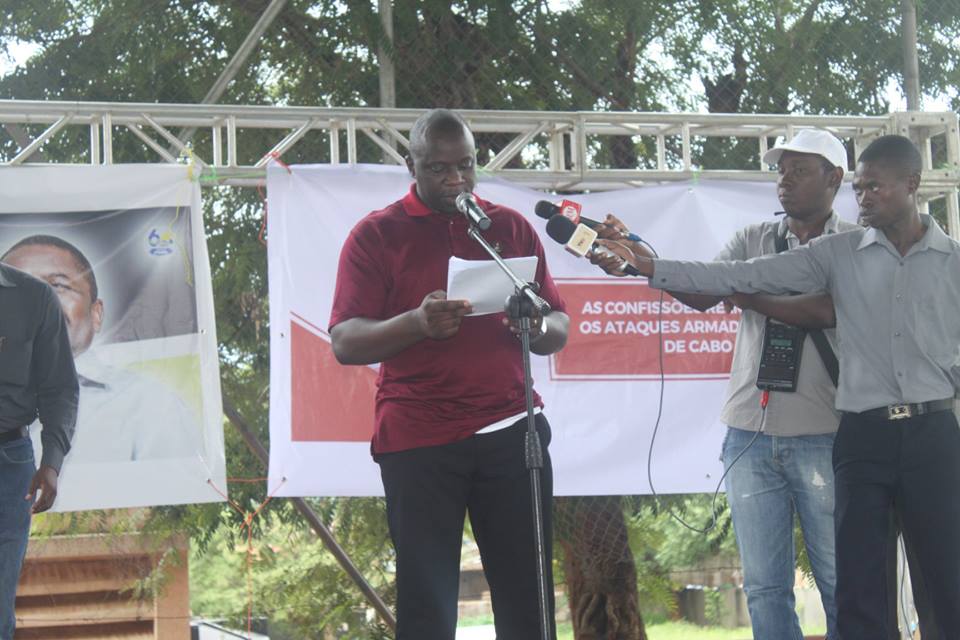
Parruque, cited by the independent newssheet “Mediafax”, argued that the attacks were motivated by envy. “Our resources arouse the envy of our enemies”, he claimed.
Moslems turned out in strength for the Pemba march, insisting that the attackers have nothing to do with the Islamic faith. “Islam is not, never was and never will be a religion that sustains crime and terrorism”, stressed one local Islamic leader.
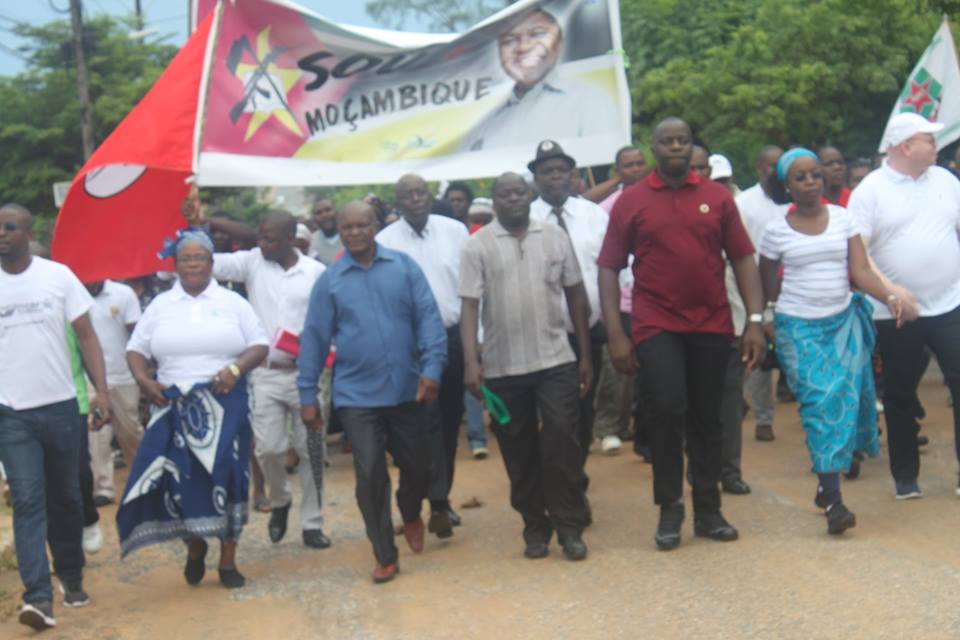
A representative of the Islamic Council of Mozambique declared “Islam vigorously repudiates intrigues, slander, conspiracy, war and cruelty”.
Much the same message came from a meeting in Maputo of the Council of Religions of Mozambique (COREM), which condemned the violence in Cabo Delgado, and said the attacks there have nothing to do with religious principles.
The general secretary of COREM, Albino Mussuei, declared “no religion in Mozambique is linked to the terrorist actions in Cabo Delgado”. On the contrary, the insurgents, whom he described as “a group of bandits” violated religious teachings, particularly those of the Islamic faith.
“It s up to the Mozambican state to act to end this situation”, he said. “There is no religion of this nature”.
Marcos Macamo, the general secretary of the Christian Council of Mozambique, called for a profound study to understand what was going on in Cabo Delgado. Such a study was needed in order to avoid drawing “precipitate conclusions”.
“Religion is vulnerable”, said Macamo, “not only in Mozambique, but also in other countries. The raw material that creates religion is social. Social convulsions have been reflected in religions. Our role is to educate society to follow good religious practices”.
Certainly the insurgents consider themselves moslems, and have raised demands that have become familiar from fundamentalist groups all over the globe – such as the imposition of sharia law and a ban on the sale of alcohol. They are commonly known as “Al-Shabaab”, although they seem to have no direct connection with the Somali terrorist group of that name.
The first attacks by this group came on 5 October against police installations in Mocimboa da Praia district. Sporadic raids since then have also affected the districts of Palma and Nangade, on the Tanzanian border.





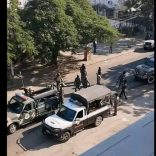
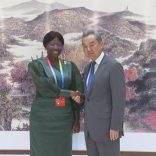
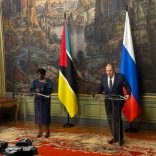





Leave a Reply
Be the First to Comment!
You must be logged in to post a comment.
You must be logged in to post a comment.